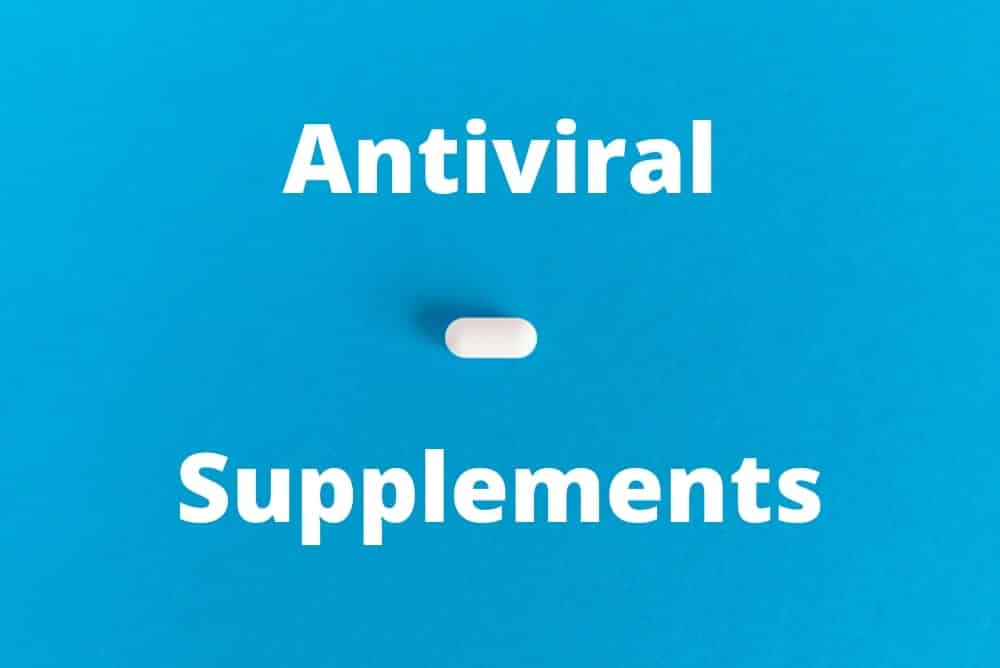The body requires a certain level of macro and micro-nutrients in order to carry out proper functions. These nutrients are typically obtained through eating a diverse diet of plants, seeds, legumes, and animal products.
Unfortunately today, most diets do not fulfill our baseline nutrient requirements. When we lack nutrients, it becomes more difficult to perform proper cellular functions and impairs immunity. This is mostly due to our food system. Today food is heavily industrialized, highly processed, and low in fruits and vegetables.
Studies show that ongoing micro-nutrient deficiencies can lead to infections, like HPV and influenza.
In addition to eating a greater variety of plant foods, taking a nutritional supplement can help raise baseline nutrient status and improve immune function.
We have listed a few of our favorite immune-supportive vitamins and minerals. These compounds may help eradicate HPV and other viral infections.
Vitamin A – Carotenoids
Vitamin A is a group of nutritional compounds that include retinol, retinal, retinoic acid, and carotenoids. This vitamin is typically found in colorful foods like carrots, dark leafy greens, and bell peppers. Carotenoids play multiple functions, particularly in the growth and development of the immune system and vision.
Low levels of dietary carotenoids are associated with an increased risk of persistent HPV infections.

Increasing concentrations of carotenes and tocopherols through eating dark green and deep yellow vegetables was associated with a 50% decrease in risk of cervical abnormalities in HPV-infected individuals.
Supplementing with mixed carotenoids (a combination of beta-carotene, alpha-carotene, zeaxanthin, lycopene, etc.) has been found to be superior to supplementing with beta-carotene alone. Combined consumption improves the absorption, efficacy, and safety of vitamin consumption.
Lycopene is another antioxidant found in fruits and vegetables like tomato, watermelon, and pink grapefruit. The compound also has anti-viral properties. Higher blood levels of lycopene are associated with a decreased risk of HPV-associated CIN 1, 3, and cervical cancer.
Selenium
Selenium is an essential trace mineral, meaning we need to obtain small amounts of it from our diet. Selenium plays a role in many bodily functions. The mineral also influences our immune system.
Selenium deficiencies can lead to impaired cognition, immune function, fertility, and cancer.
Low levels of selenium are associated with cervical dysplasia. Furthermore, deficiencies in this mineral have been found to allow strains of viruses to mutate into more infectious strains.
Supplementing with selenium is one way to improve levels in the blood. Dietary supplements containing up to 200 ug/d of selenium have the potential to support immune function.
Vitamin E
Vitamin E is found in many foods like cooked spinach, almonds, and sunflower seeds.
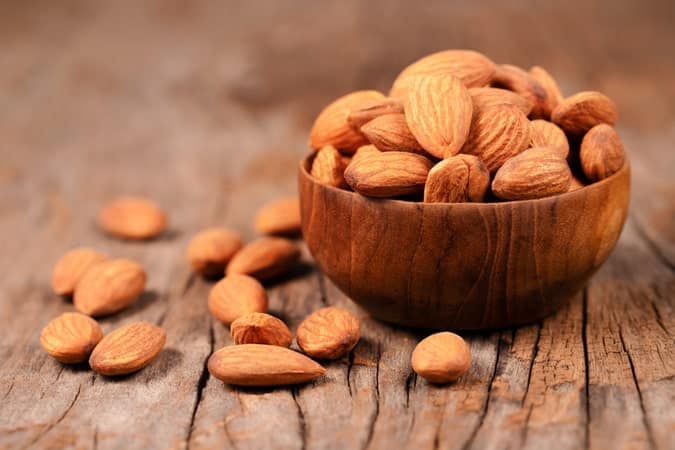
The vitamin contains a group of eight fat-soluble compounds, four tocopherols, and four tocotrienols. Because vitamin E is fat-soluble, it can build up in fat tissue. Vitamin E can prevent oxidative damage through free-radical scavenging.
Vitamin E is a powerful antioxidant. The compound can help stop cancer cell growth and support the immune system.
Low levels of vitamin E have been found to increase the risk of cervical cancer and cervical abnormalities caused by HPV types 16 and 18. Whereas nutrient sufficiency of vitamin E has been found to reduce the oxidative stress-induced in influenza and by virus-infected organisms.
Vitamin B9 – Folate/Folic Acid
Folate is a water-soluble B vitamin. The body uses folate to help make DNA and RNA and metabolize molecules called amino acids.
The body cannot make folate on its own so we must obtain it from our diet.
This B vitamin is naturally found in many foods like dark leafy greens, vegetables like spinach, brussels sprouts, nut and legumes.
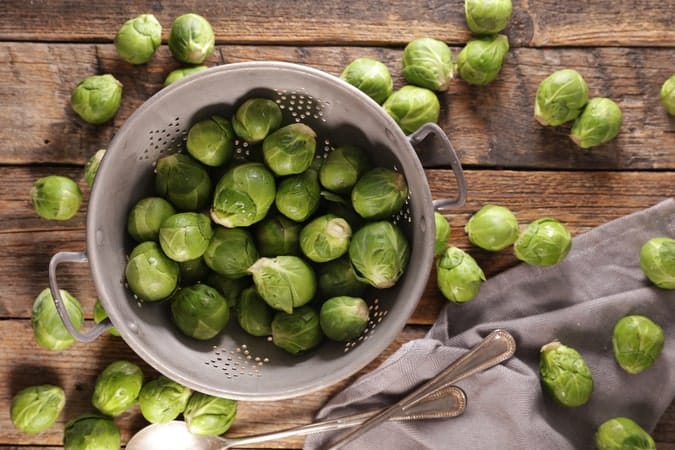
However, deficiency is common.
Deficiency can predispose individuals to an increased risk of HPV, as well as an increased risk of cervical and oral cancer.
Folate deficiencies lead to immune dysfunction by impairing the folate pathway and immune cells, known to fight off invaders.
Vitamin B12 – Cobalamin
Is a water-soluble vitamin involved in every cell in the human body. B12 is also a cofactor in DNA synthesis, and fatty acid and amino acid metabolism.
We obtain B12 from animal products like meat, milk, eggs, and fish. Because vitamin B12 is so widely used in the body, deficiency can cause serious, irreversible damage to the brain, nervous system, and immune function.
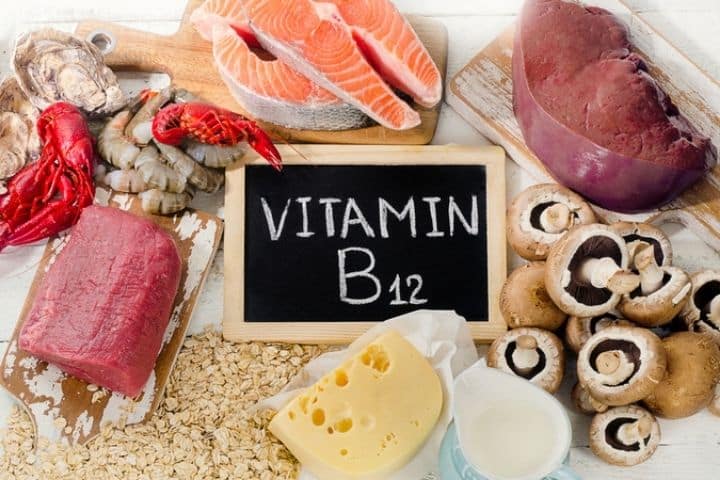
Poor levels of B12 impact the immune response by inhibiting the activity of immune cells. Low vitamin B12 also interferes with metabolic processes like methylation and amino acid cycles. All of which are important for contributing to a healthy immune system.
Because we obtain B12 from animal products, vegans and vegetarians are particularly at risk for deficiencies. B12 levels can be assessed through a basic blood test.
Vitamin C
Vitamin C is a powerful antioxidant involved in several important enzymes for immune system function. The vitamin is found naturally in foods like kiwis, dark leafy greens, and broccoli.
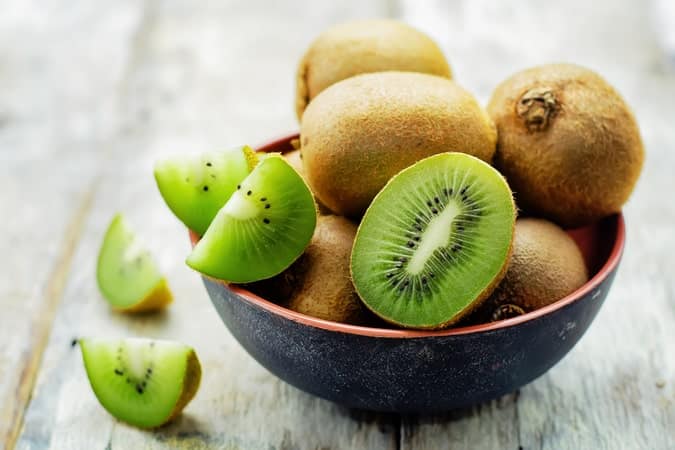
Vitamin C has various roles in the immune system, protecting the skin barrier function and against environmental oxidative stress.
Individuals with higher vitamin C levels tend to have a reduced HPV viral load and decreased likelihood of developing oral and cervical cancers.
Studies have found dietary intake of vitamin C to prevent both respiratory and systemic infections. Supplementation with vitamin C has also been found to decrease cold and flu symptoms by 85% compared to control groups.
Eat Your Veggies and Supplement Smart
With our food becoming more nutrient-depleted and more processed, it is on us to make more of an effort to ensure we reach our daily dose. Including a greater variety of plant-based foods in your diet is one way to help naturally boost our nutrient levels.
Supplementing with a clinically-researched supplement like Papillex is also an option to increase nutrient levels. Papillex supports nutrients that are persistently low in people with HPV, and optimizes the body’s immune system to respond to viruses. However, before starting any nutritional supplement, we recommend you consult with a health care professional first.











